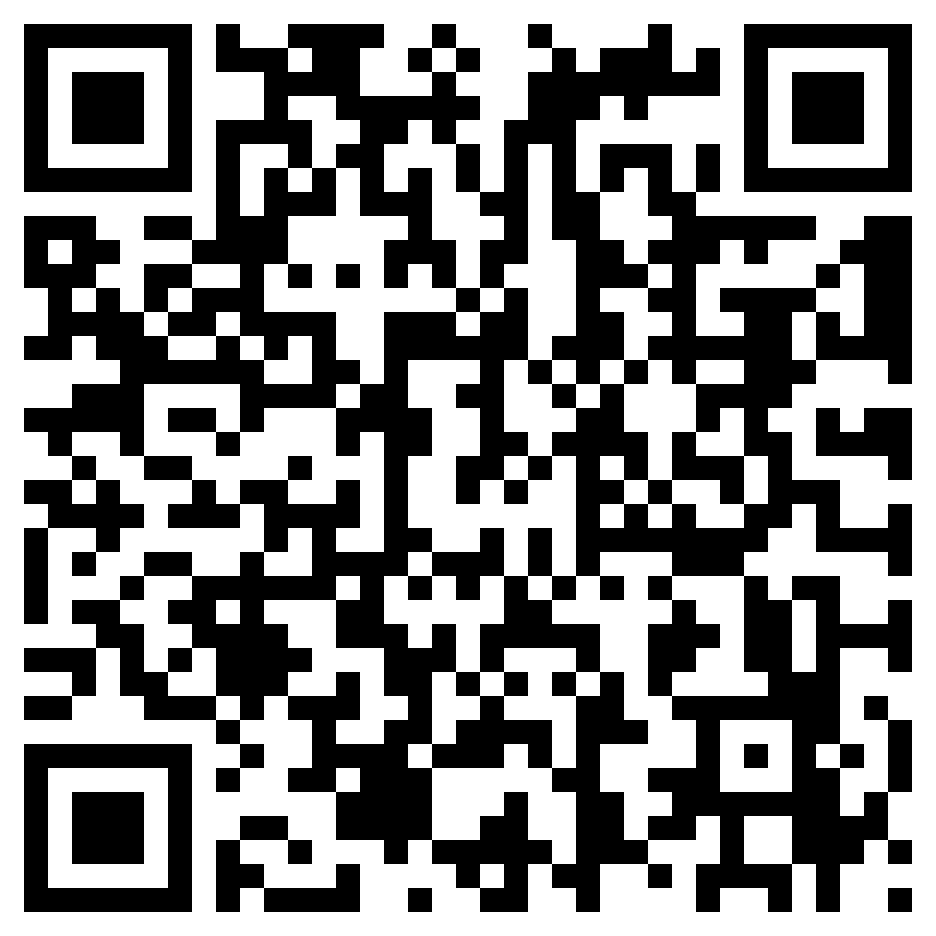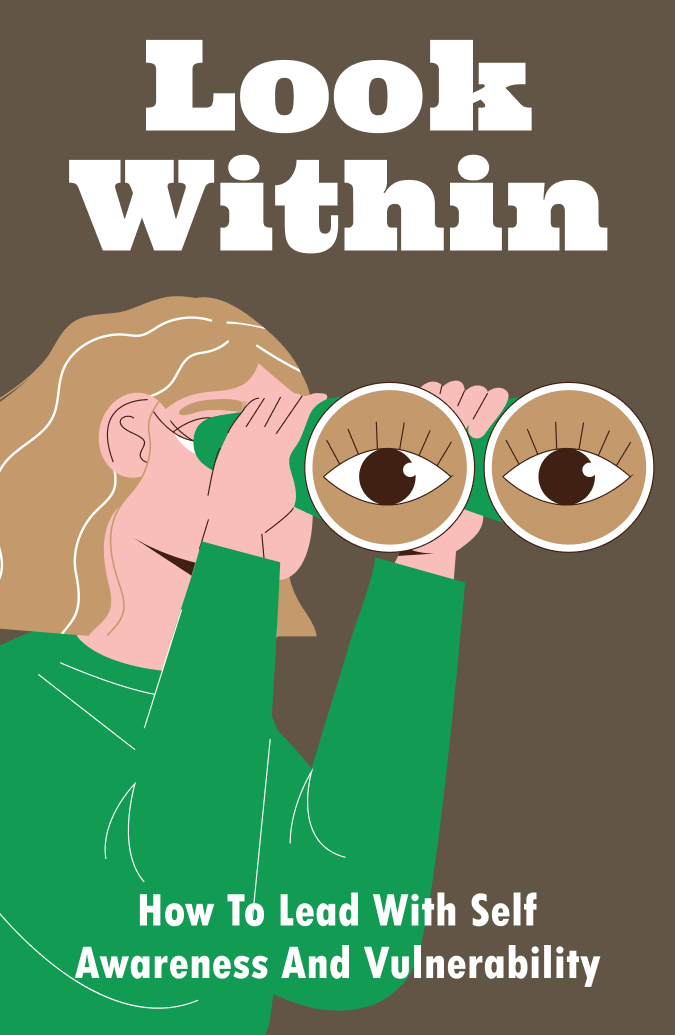Lesson 1. Introduction.
Many of us might have had awkward or uncomfortable experiences, whenever we’ve tried to talk about race with others. You might have got frustrated with your interlocutor. Or, you may have ended up offending them.
Ijeoma Oluo in her insightful book explains how racism is built into the very fabric of life in the United States. She discusses how, not just the police force, but even the schooling system, is discriminatory towards people of colour. She also guides readers of all races through subjects ranging from intersectionality, and affirmative action to the ‘model minority myth’, and tone-policing.
Oluo shows us how we can engage in constructive dialogue with not just each other, but with our own selves, to diminish racial prejudices and biases.
Lesson 2. Racism is built into, and reinforced by, systems of power.
The crucial point Oluo makes is that race is one of the most important determinants of one’s life, in the United States.
Race is essentially a social construct, a lie made up to justify the crime of slavery. More than half a century has passed after the civil rights movement, yet the racial wealth gap continues to be wide. This is because the very economic system is built in a way that benefits white people, at the cost of black people’s oppression.
Several Americans are of the opinion that the problem in America is class, and not race. Oluo argues that the problem of class is not to be confused with race. Classism is definitely a problem, but class is not the only factor that determines marginality. Are the problems faced by blacks of the working class same as those of working class white people? Are black people poor due to the same reasons as white people?
If a person of colour says something about race, then it is valid. Race is a part of their identity and it is interacting with the situation. Also, if something disproportionately affects people of colour, it is about race.
The truth is, racism is entrenched in the very systems of power. There are many people who aren’t racist, yet benefit from a racist system. Systemic racism is like a machine that runs automatically whether we pull the levers or not. So, the only way to bring about change is by dismantling the machine.
Lesson 3. Conducting uncomfortable conversations about race is key to dismantling racism.
Having conversations about race is uncomfortable and tough. But that is the only way people can learn and understand each other better.
People are often reluctant to hold
Unlock Knowledge with Wizdom App
Explore a world of insights and wisdom at your fingertips with the Wizdom app.
 1 Million+ App Download
1 Million+ App Download  4.9App Store Rating
4.9App Store Rating 5000+Summaries & Podcasts
5000+Summaries & Podcasts









